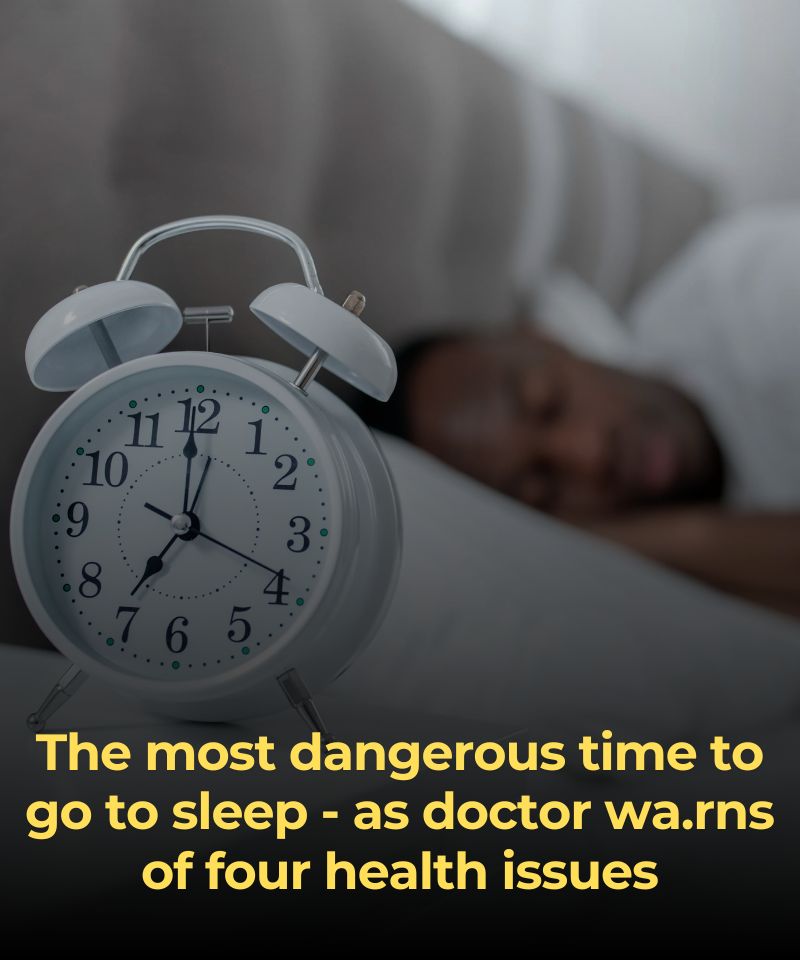
Most people rarely think about the best time to go to bed. With busy schedules and constant connectivity, sleep often becomes an afterthought. Late nights filled with work, scrolling, or errands can shift bedtime around. This messes with your body’s circadian rhythm—your internal clock tied to natural light and dark. Ignoring this rhythm might seem harmless but can slowly affect your physical and mental well-being. Sleep timing isn’t just about preference—it plays a major role in how well your body functions.
What Dr. Sethi Is Seeing

Dr. Saurabh Sethi, a gastroenterologist in California, has noticed a pattern among his patients: poor sleep habits are linked to growing health complaints. Many of his patients report fatigue, digestive issues, and poor mood. The root cause? Staying up too late. According to Dr. Sethi, late bedtimes throw off the body’s natural schedule and affect hormone production. He emphasizes that when you sleep is just as critical as how much sleep you get.
Sleep Is a Key Body Function
Sleep is a crucial biological function where the body repairs tissue, boosts immunity, and removes toxins from the brain. This overnight work only happens efficiently when you sleep at the right time. Studies show that people who sleep 7–9 hours on a consistent schedule have the lowest risk of major health problems like heart disease and diabetes.
Why Sleeping After Midnight Can Be Harmful
Dr. Sethi warns that sleeping after midnight can lead to multiple health problems. The most restorative sleep stages—deep and REM—happen earlier in the night. If you sleep too late, you may miss those stages even if you sleep a full eight hours. This disrupts your brain, mood, and hormone balance. The best sleep schedule? Between 9:30 p.m. and 11:00 p.m., giving your body time to recover naturally.
Potential Health Risks from Sleeping Late
- Weight Gain – Late nights shift hunger hormones like ghrelin and leptin, causing late-night cravings and poor appetite control.
- Mood Swings – Lack of deep sleep lowers serotonin, increasing anxiety and irritability.
- High Stress – Staying up too late raises cortisol, your body’s stress hormone, keeping your system on high alert.
- Poor Focus – Without enough deep sleep, your brain struggles with memory, attention, and learning.
Bottom Line
Dr. Sethi recommends prioritizing not just sleep duration but sleep timing. Turning in before midnight helps align your body with its natural rhythm, leading to better energy, focus, and overall health. Small changes to your sleep routine can make a big difference.

















